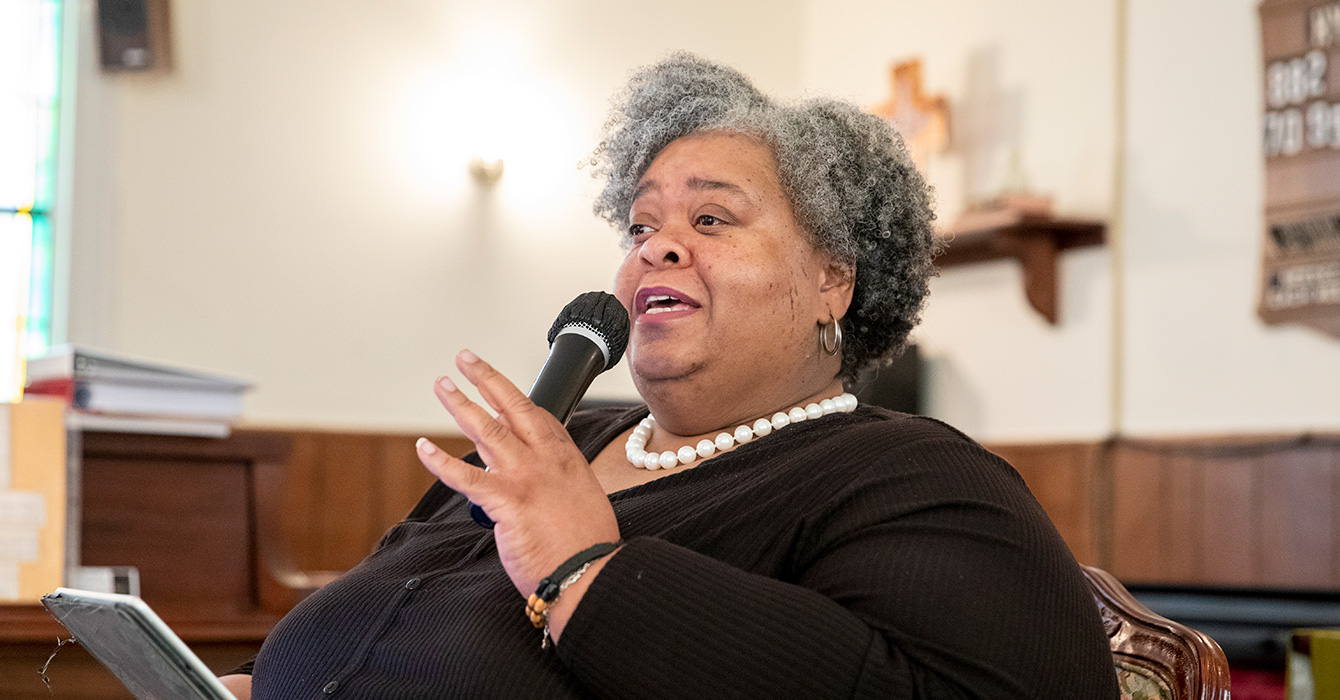When we have guests, and I give them a tour of the church, I always stop when we come upon a large oil painting just outside the sanctuary. I point out that it’s a portrait of my father-in-law, Tom Stockton, who was pastor here back in the 70’s, and then glibly say, “I went into the family business.”
I only married into the family business. Among us Howells, some are church-going, some not -- but I think I’m the oddball who jumped into the church to make a living. Most folks in my wife’s family, better church-goers than my own, have held real jobs. But her dad was a pastor, as was her grandfather. And now her daughter (mine too) is going into the ministry. So that’s a fourth generation. The family business.
When I fell for Lisa, I knew her dad was in my profession, but I didn’t anticipate any issues. Then, not long after we were engaged, we found ourselves in a social setting with a gaggle of older clergy making small talk. One elderly pastor attempted to introduce me to his friends, saying “I’d like you to meet James Stockton.” I gently corrected him: “Um, it’s James Howell.” He roared with laughter and said, “Don’t worry. One day you’ll develop your own identity.”
I’m especially interested in how this plays out for my daughter, or any of the preacher’s kids (PKs) who themselves choose the family business. Even when a PK doesn’t become a pastor, there must be considerable confusion about what kind of PK to be, as the droll humor casts them either as syrupy sweet or juvenile hellions.
The decision to go into the ministry, after growing up with dad or mom as a pastor, must be freighted with complex weirdness. All the corny platitudes rain down: “the apple doesn’t fall far from the tree,” “you’re so much like your dad,” “you were groomed for the ministry,” ad nauseam. The pastor you knew during your childhood and adolescence is the same person who fussed about homework, coached your basketball team at the Y, and looked awfully rumpled and groggy every morning.
Sometimes people say to me “Oh, your daughter is so much like you,” or “I bet she learned a lot from you,” and I can only counter by saying, “No, she’s who she is quite apart from me, and is very different from me.” She’s not some extension of my calling; she has her own. If we share any good things, it is because they are good, and are shared by lots of people; and if she did manage to inherit genetically or behaviorally from me, it’s more likely to be some dysfunctional oddities she’d rather do without.
What is my role with her as she enters the fabled “family business”? Am I dad? An older minister with wisdom who mentors? Someone to be mimicked? Or more likely an interesting foil for creative, iconoclastic directions in ministry? If I am somehow known to the people she works with in the ministry, is their awareness of the kinship a blessing, a curse, an opening or a blockage?
James Howell is senior pastor of Myers Park United Methodist Church in Charlotte, North Carolina.








